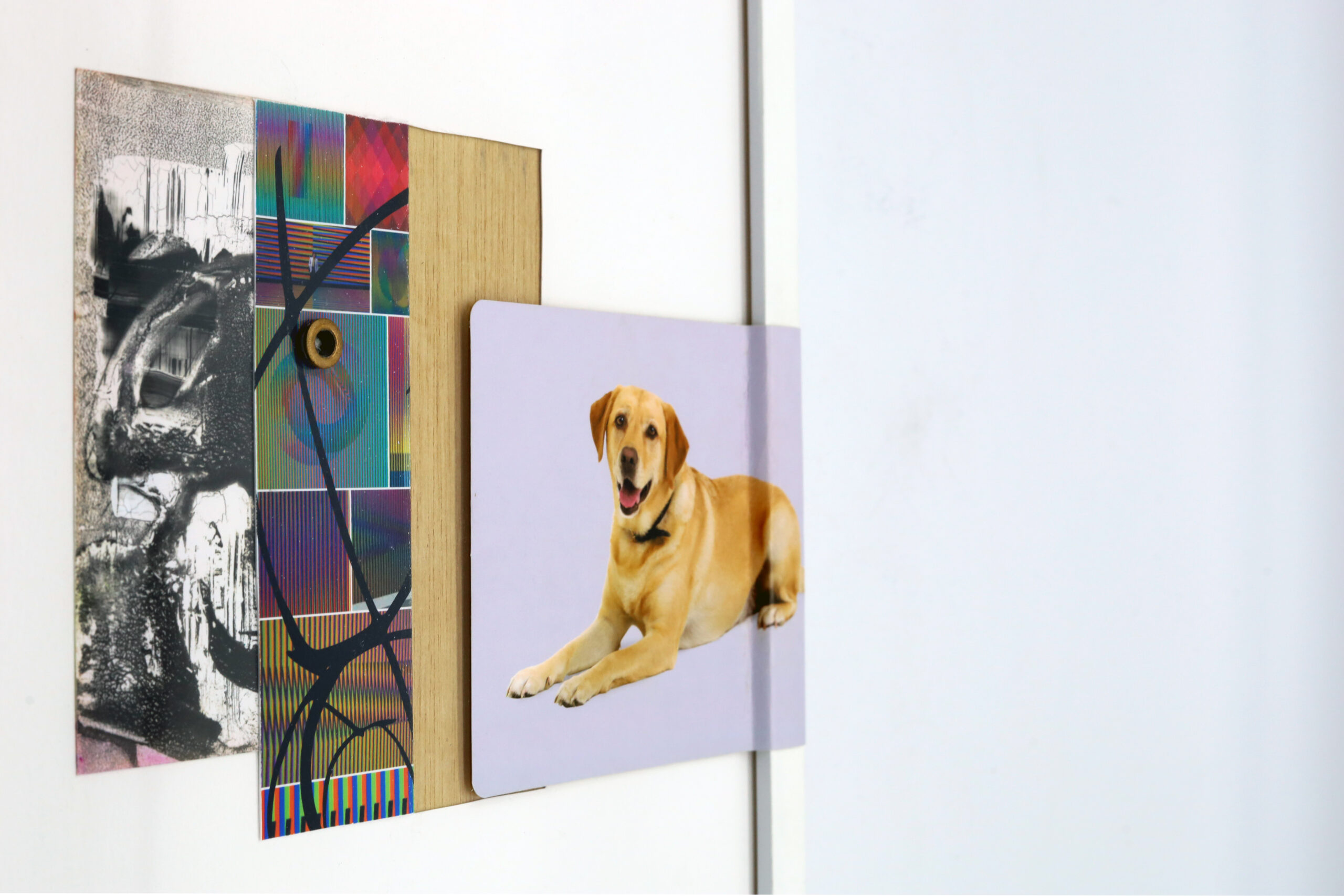
Exploring the circulation and replication of images through filmic vignettes and the internet legend surrounding an iconic prop from The NeverEnding Story
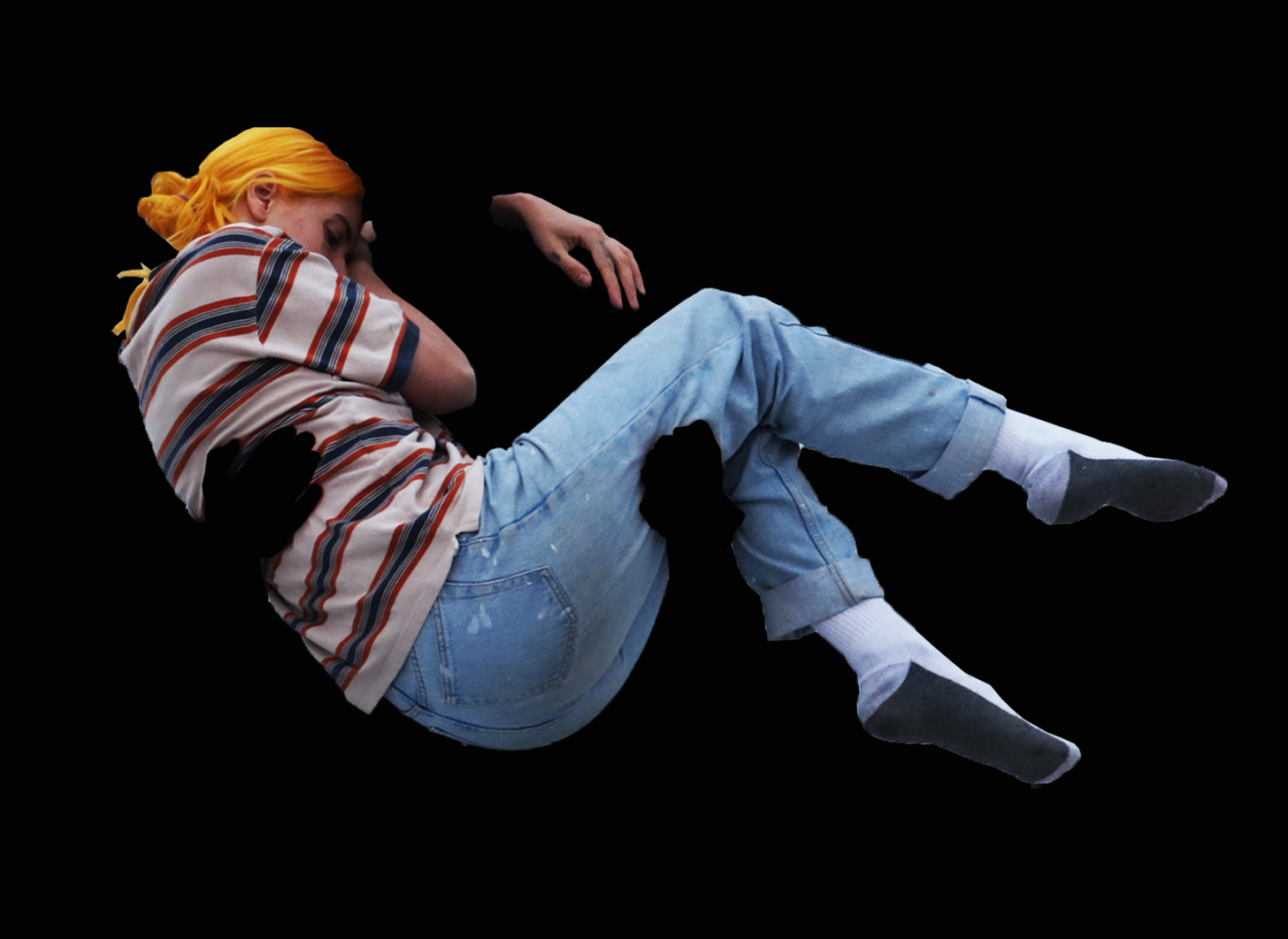
How green screen technology remakes not only images and perception, but the function and ontology of objects themselves
Series:
View All
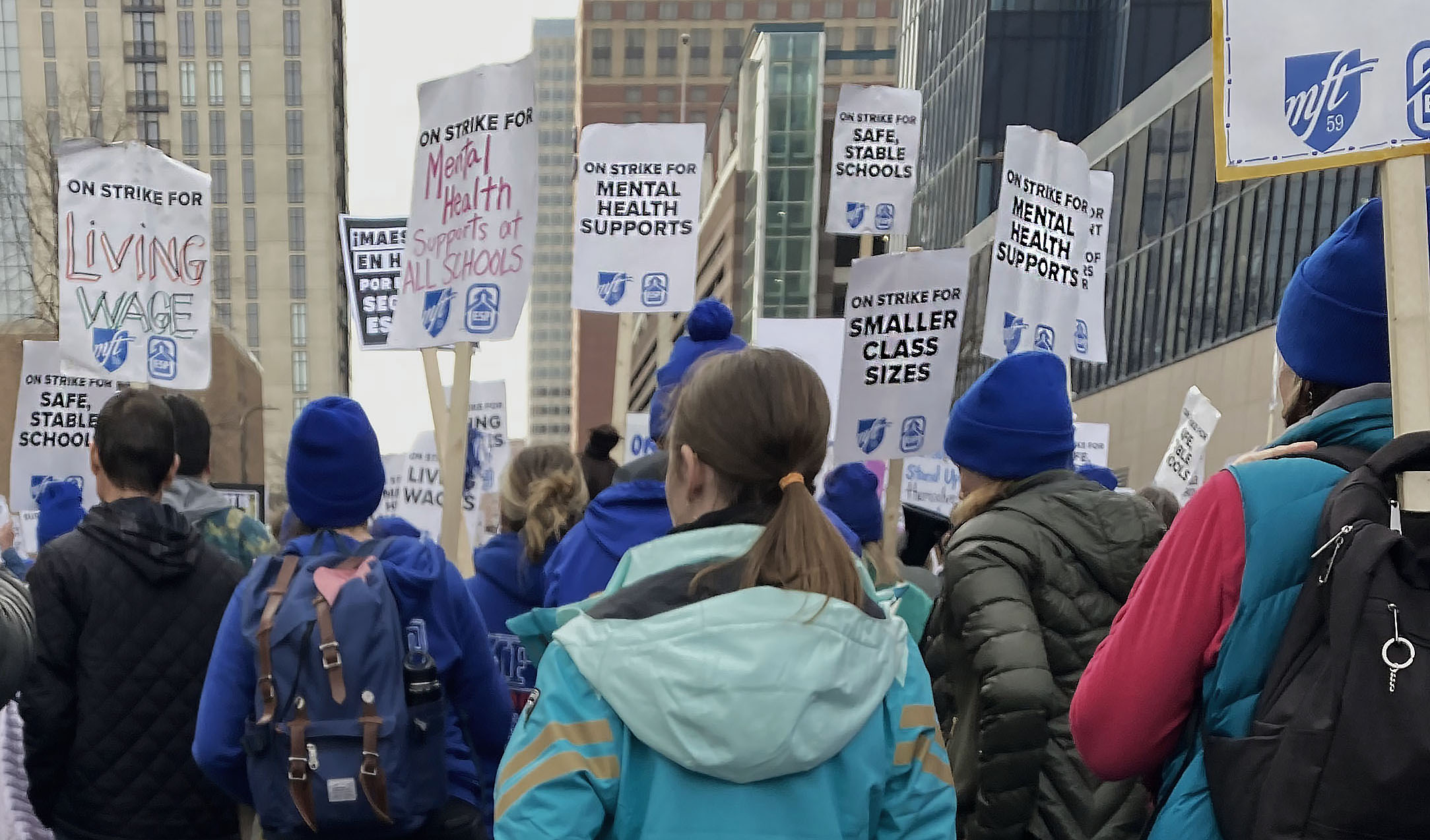 Lessons from an Uncertain SyllabusGuest Editor
Lessons from an Uncertain SyllabusGuest EditorBrooks Turner
 Lessons from an Uncertain SyllabusGuest Editor
Lessons from an Uncertain SyllabusGuest EditorBrooks Turner
 Lessons from an Uncertain SyllabusGuest Editor
Lessons from an Uncertain SyllabusGuest EditorBrooks Turner
 Lessons from an Uncertain SyllabusGuest Editor
Lessons from an Uncertain SyllabusGuest EditorBrooks Turner
 Lessons from an Uncertain SyllabusGuest Editor
Lessons from an Uncertain SyllabusGuest EditorBrooks Turner
 Lessons from an Uncertain SyllabusGuest Editor
Lessons from an Uncertain SyllabusGuest EditorBrooks Turner
 Lessons from an Uncertain SyllabusGuest Editor
Lessons from an Uncertain SyllabusGuest EditorBrooks Turner
 Lessons from an Uncertain SyllabusGuest Editor
Lessons from an Uncertain SyllabusGuest EditorBrooks Turner
 Lessons from an Uncertain SyllabusGuest Editor
Lessons from an Uncertain SyllabusGuest EditorBrooks Turner
 Lessons from an Uncertain SyllabusGuest Editor
Lessons from an Uncertain SyllabusGuest EditorBrooks Turner
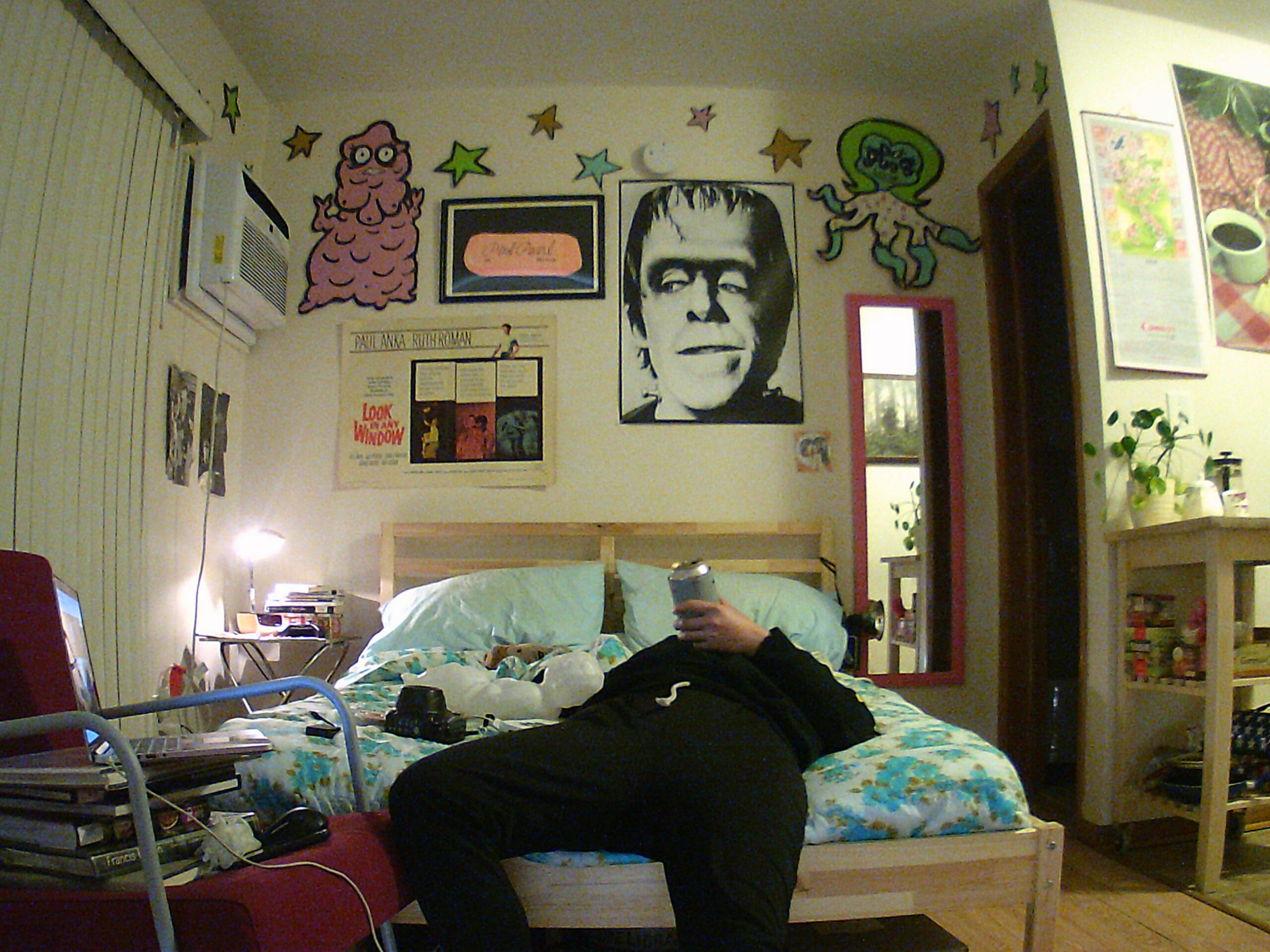
How artists Brian Hart, Trina Fernandez, and John Bumstead navigate audience and identity on social media
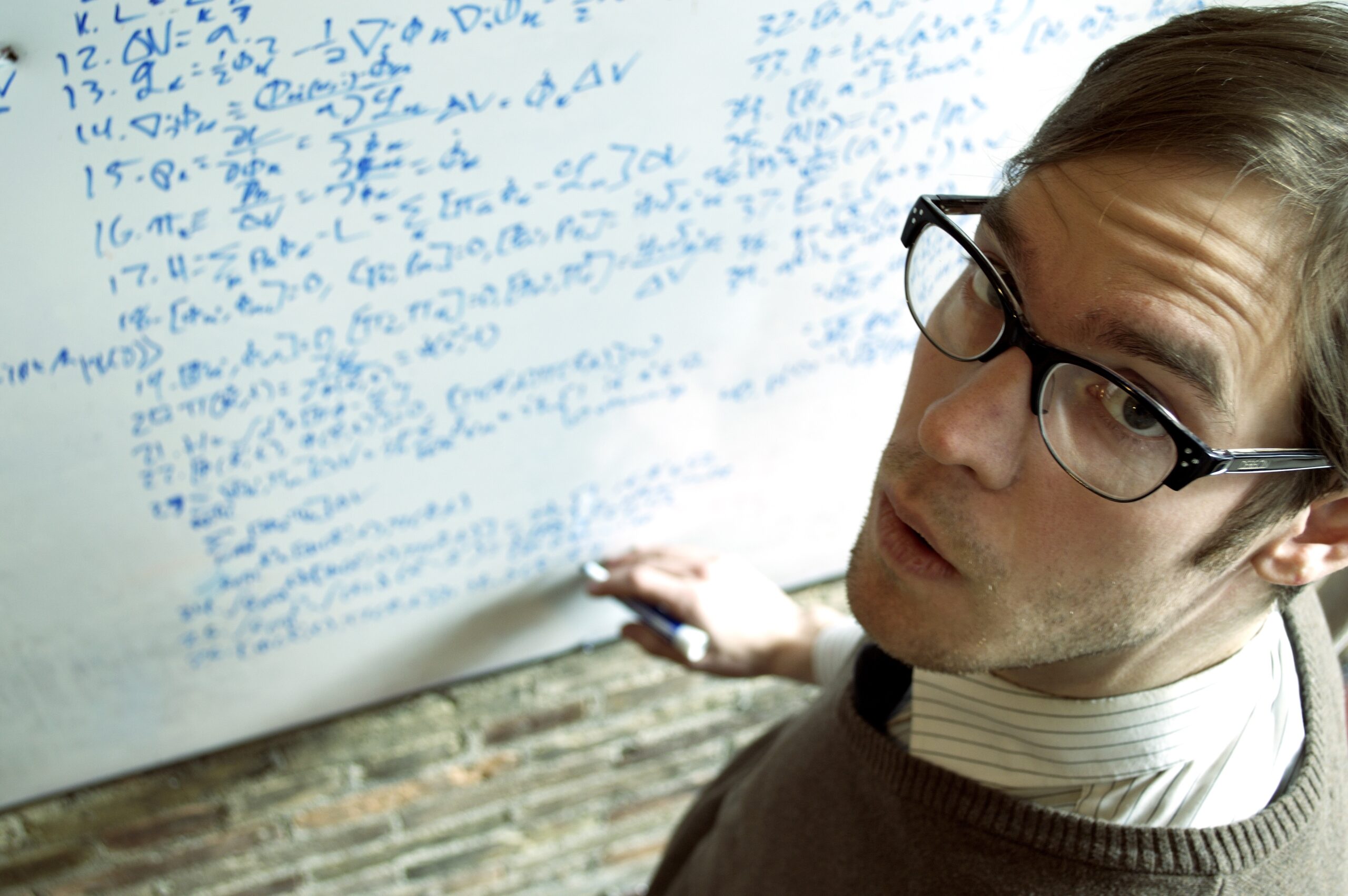
The “random” as aesthetic judgment: on mathematics, language, and the search for meaning
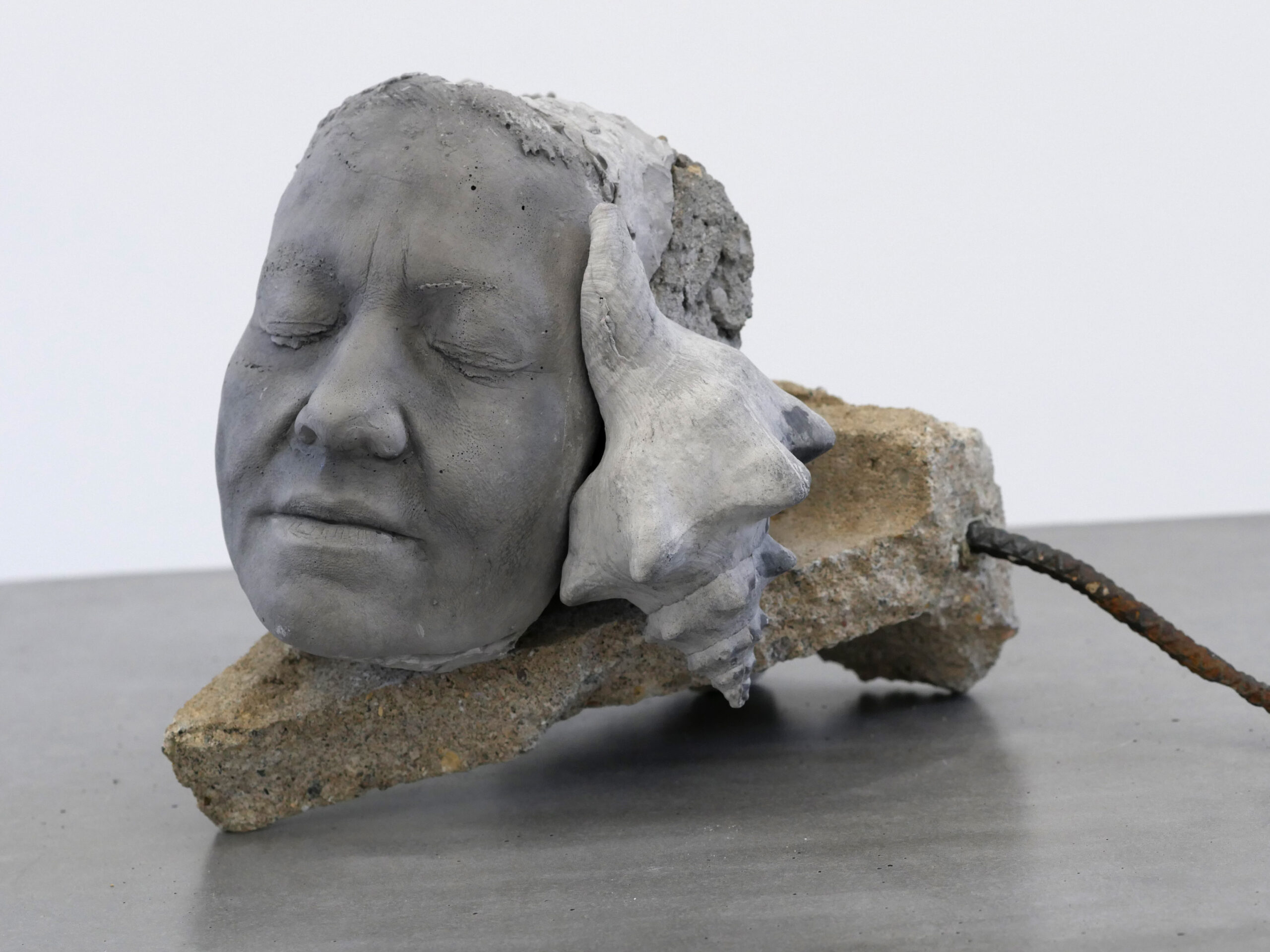
On relics of the relationship between humans and the sea: speculative wonders and memory amidst waves, sand, wind, bronze, and concrete

Two years of personal transformation documented through film: on the process of locating one’s inner light
Editor’s Picks: Extra-Local
Series:
View All
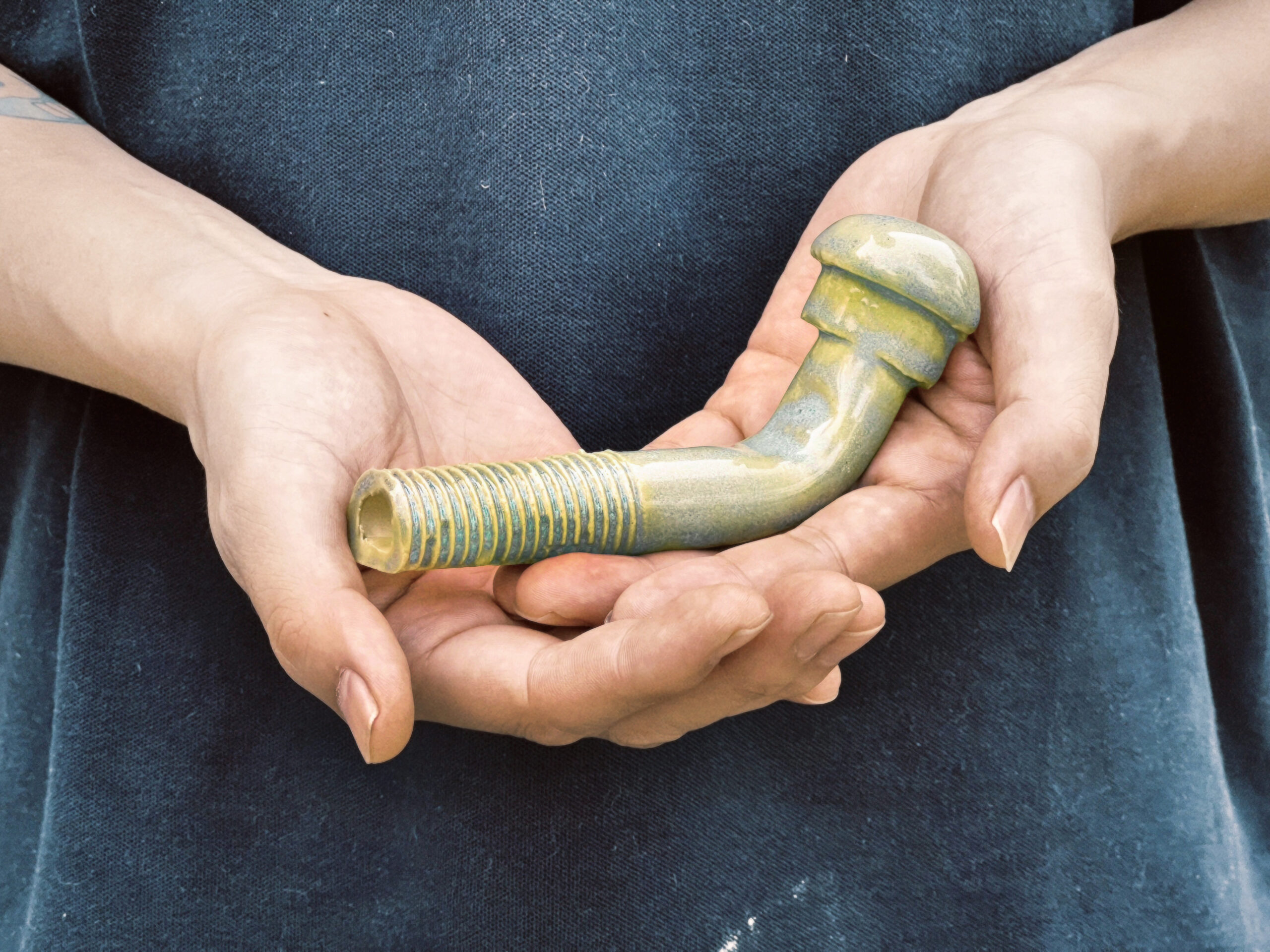 Residents of ImpermanenceGuest Editor
Residents of ImpermanenceGuest EditorPeng Wu
 Residents of ImpermanenceGuest Editor
Residents of ImpermanenceGuest EditorPeng Wu
 Residents of ImpermanenceGuest Editor
Residents of ImpermanenceGuest EditorPeng Wu
 Residents of ImpermanenceGuest Editor
Residents of ImpermanenceGuest EditorPeng Wu
 Residents of ImpermanenceGuest Editor
Residents of ImpermanenceGuest EditorPeng Wu
 Residents of ImpermanenceGuest Editor
Residents of ImpermanenceGuest EditorPeng Wu
 Residents of ImpermanenceGuest Editor
Residents of ImpermanenceGuest EditorPeng Wu
 Residents of ImpermanenceGuest Editor
Residents of ImpermanenceGuest EditorPeng Wu
 Residents of ImpermanenceGuest Editor
Residents of ImpermanenceGuest EditorPeng Wu
 Residents of ImpermanenceGuest Editor
Residents of ImpermanenceGuest EditorPeng Wu
Featured Authors:
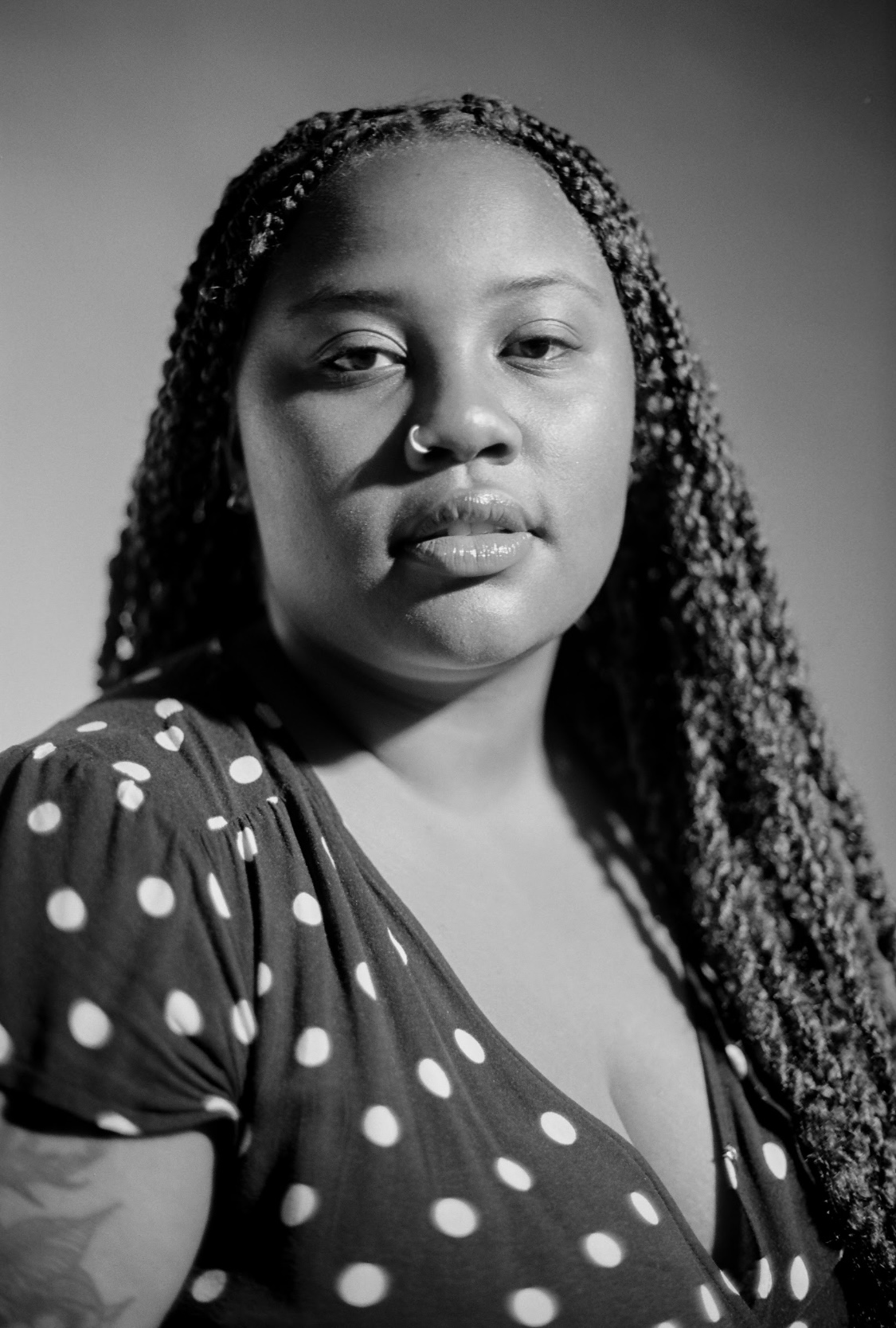
Za’Nia Coleman is an interdisciplinary artist experimenting with textiles, digital media, and cultural …
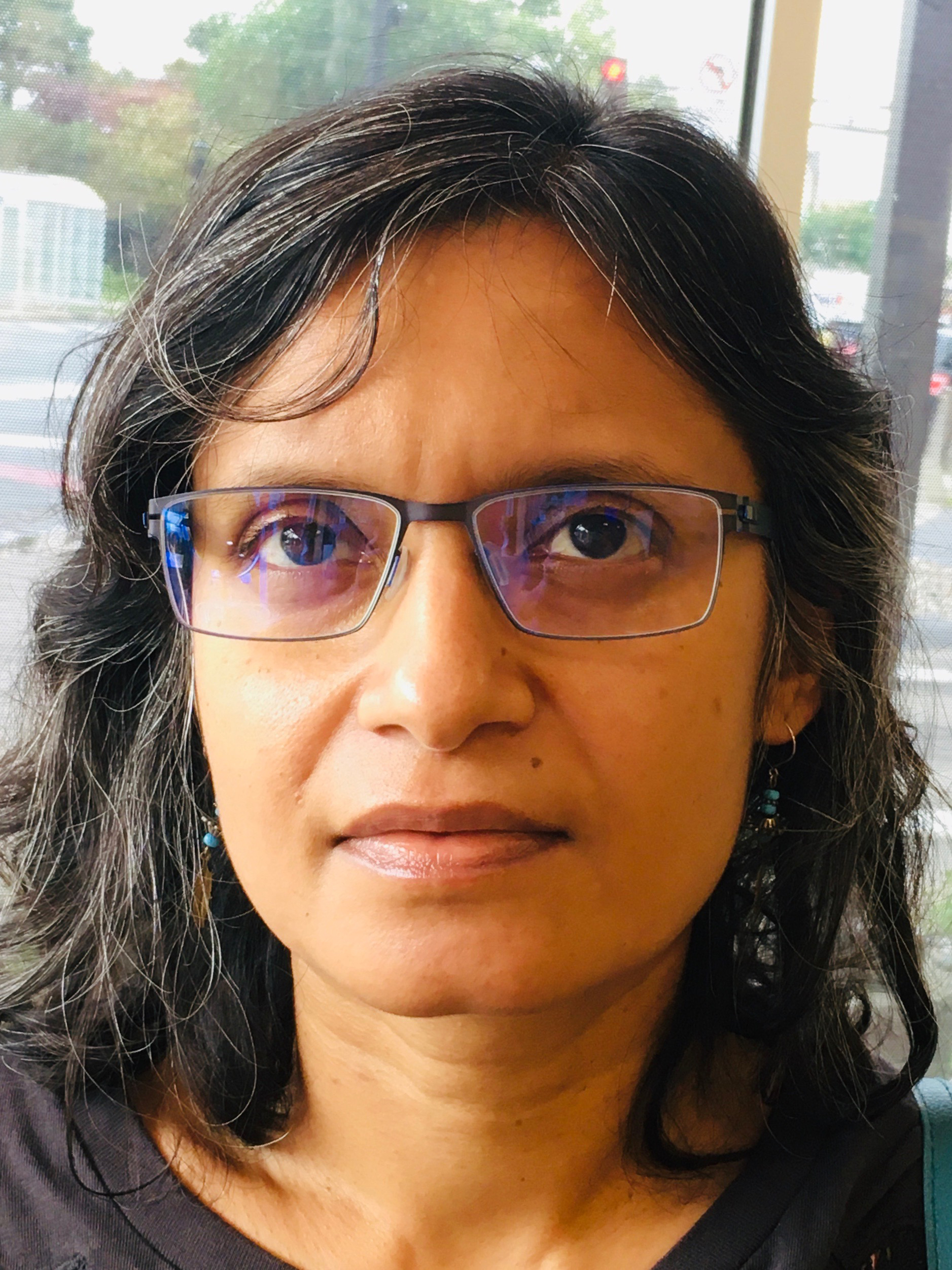
Priyanka Basu is an art historian teaching at the University of Minnesota Morris. Her writing has been published in journals and edited …
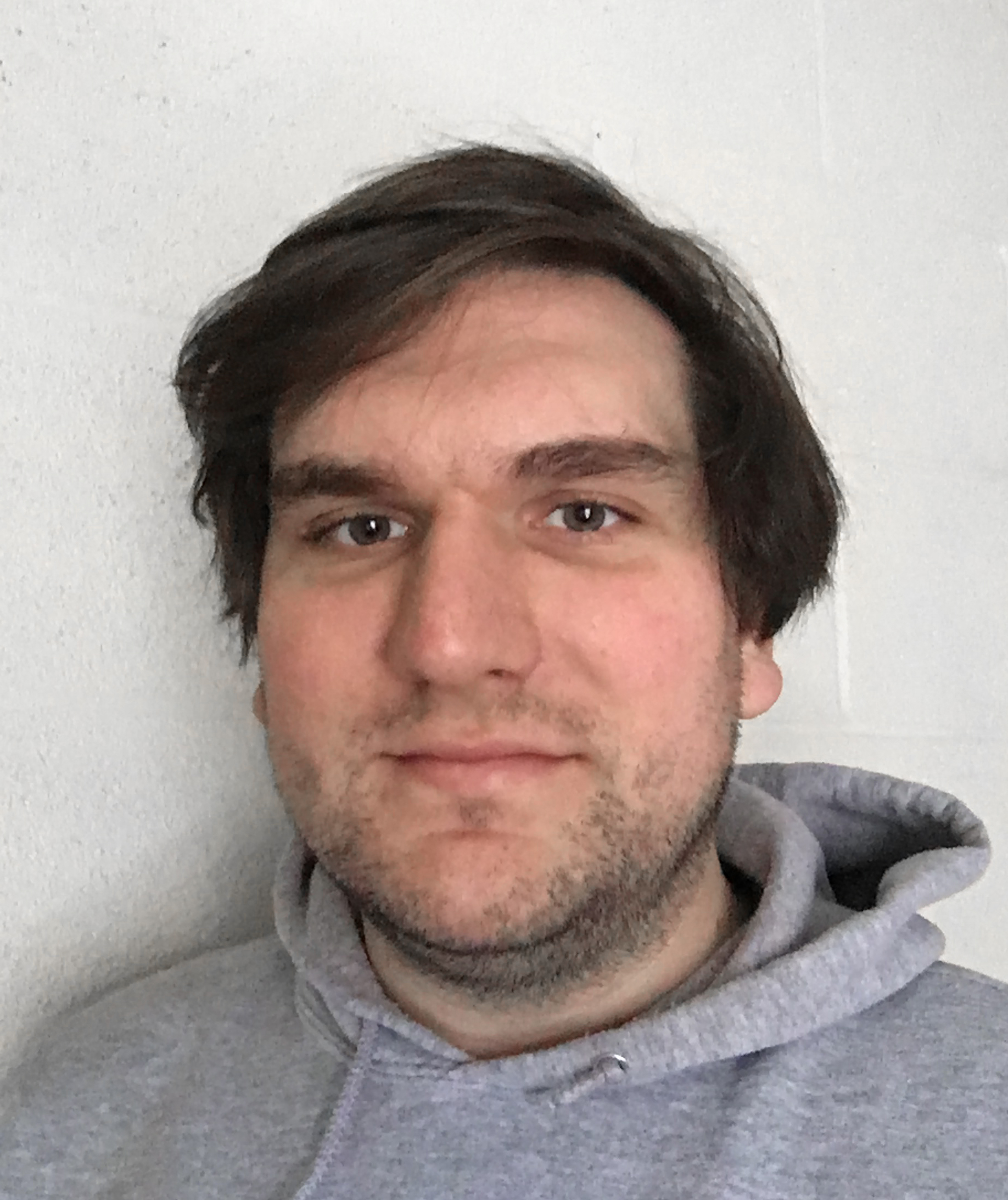
Brooks Turner is an artist, writer, and educator based in Minneapolis. Through diverse methodologies that include archival research, …
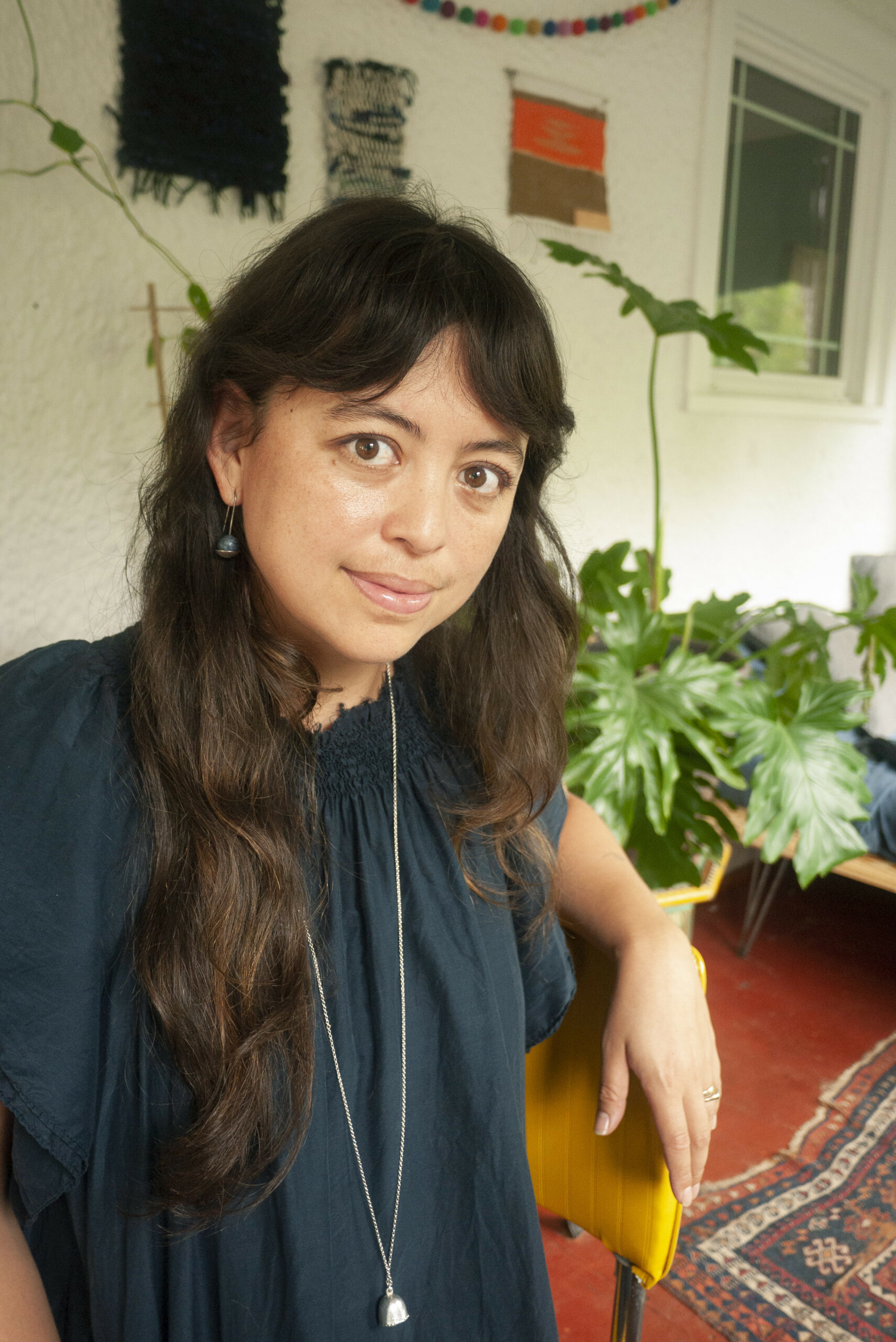
Isa Gagarin (b. 1986, Guam, USA) is a visual artist raised in Oʻahu, Hawaiʻi and based in Minneapolis, …
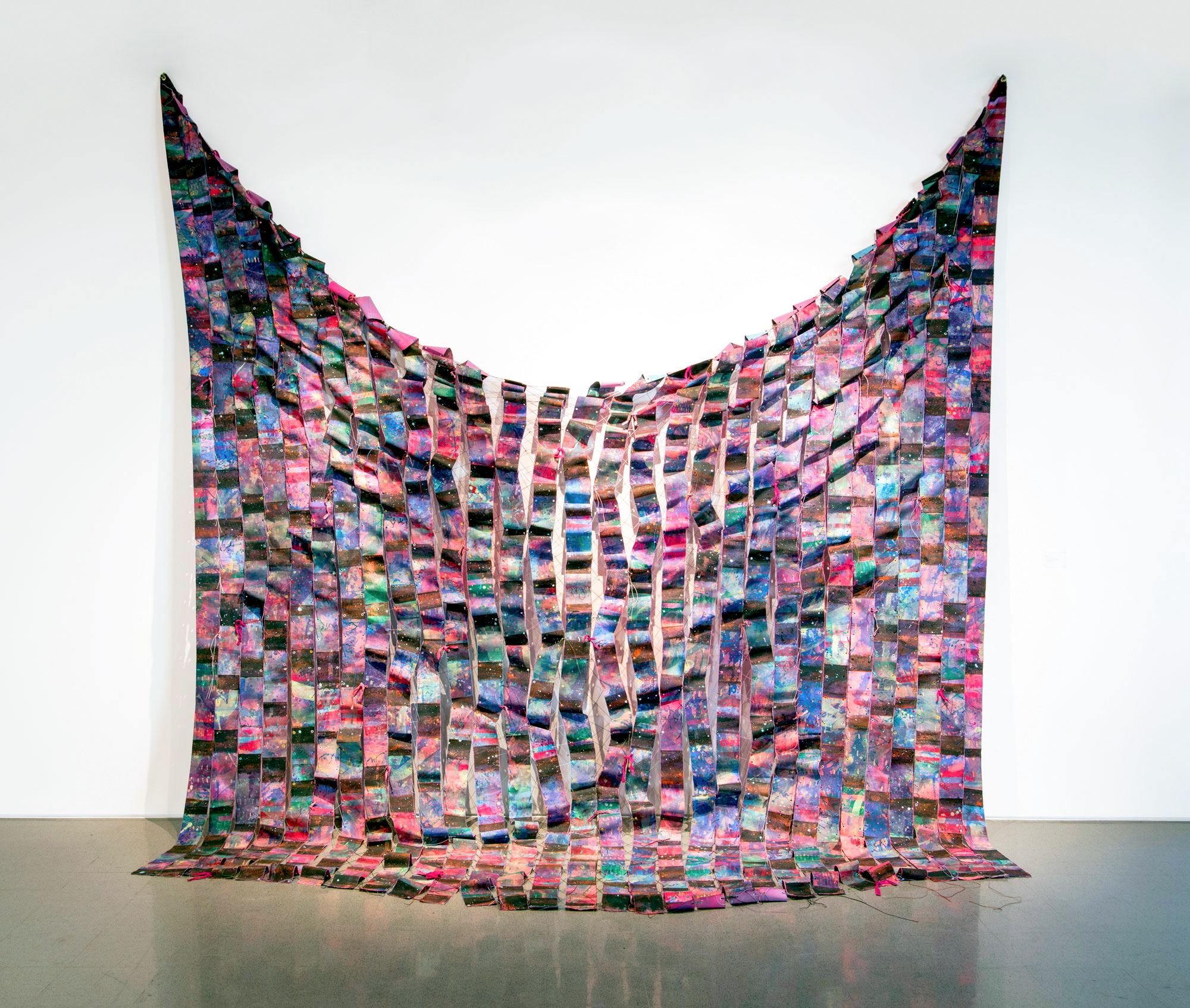

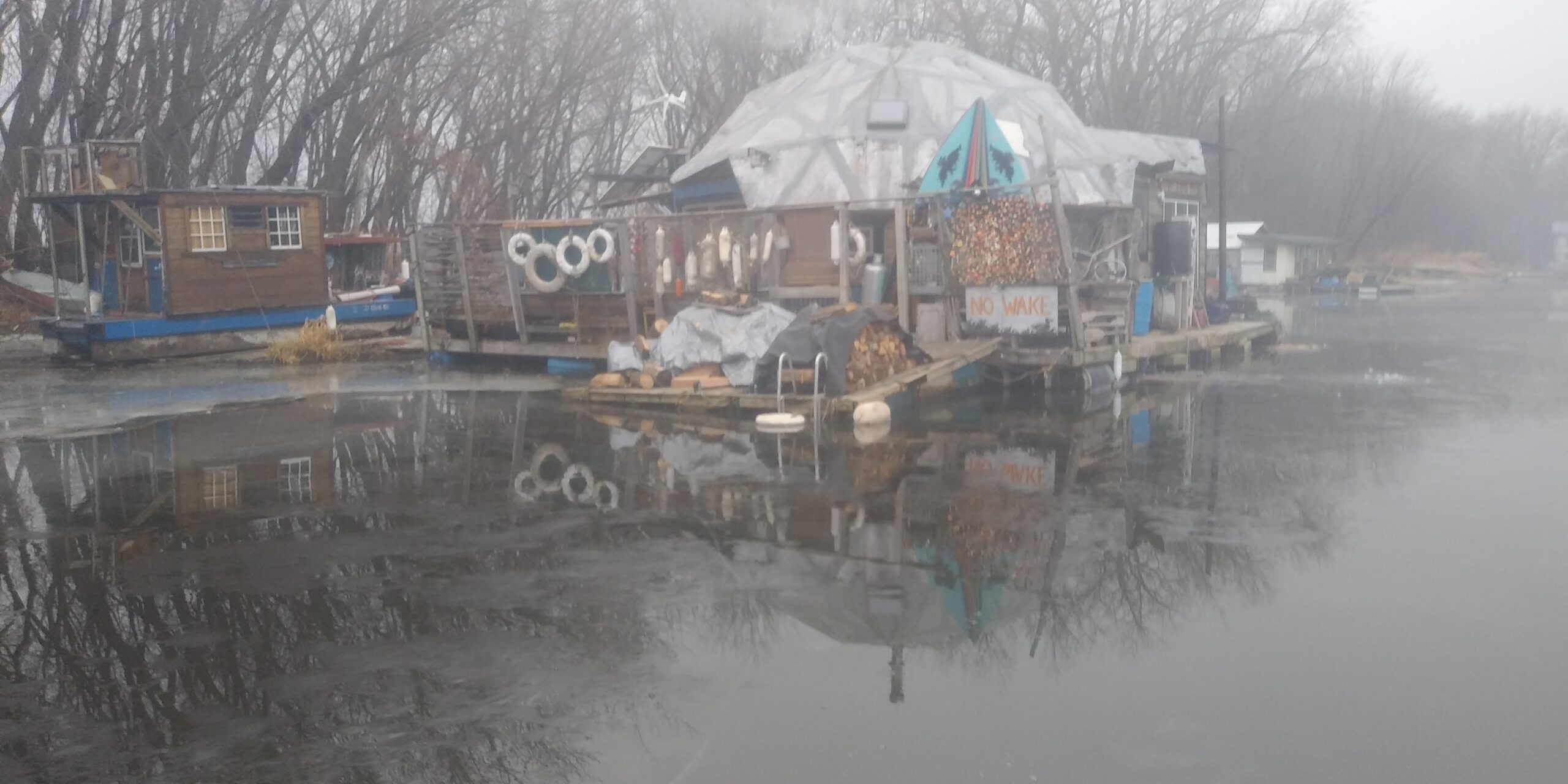
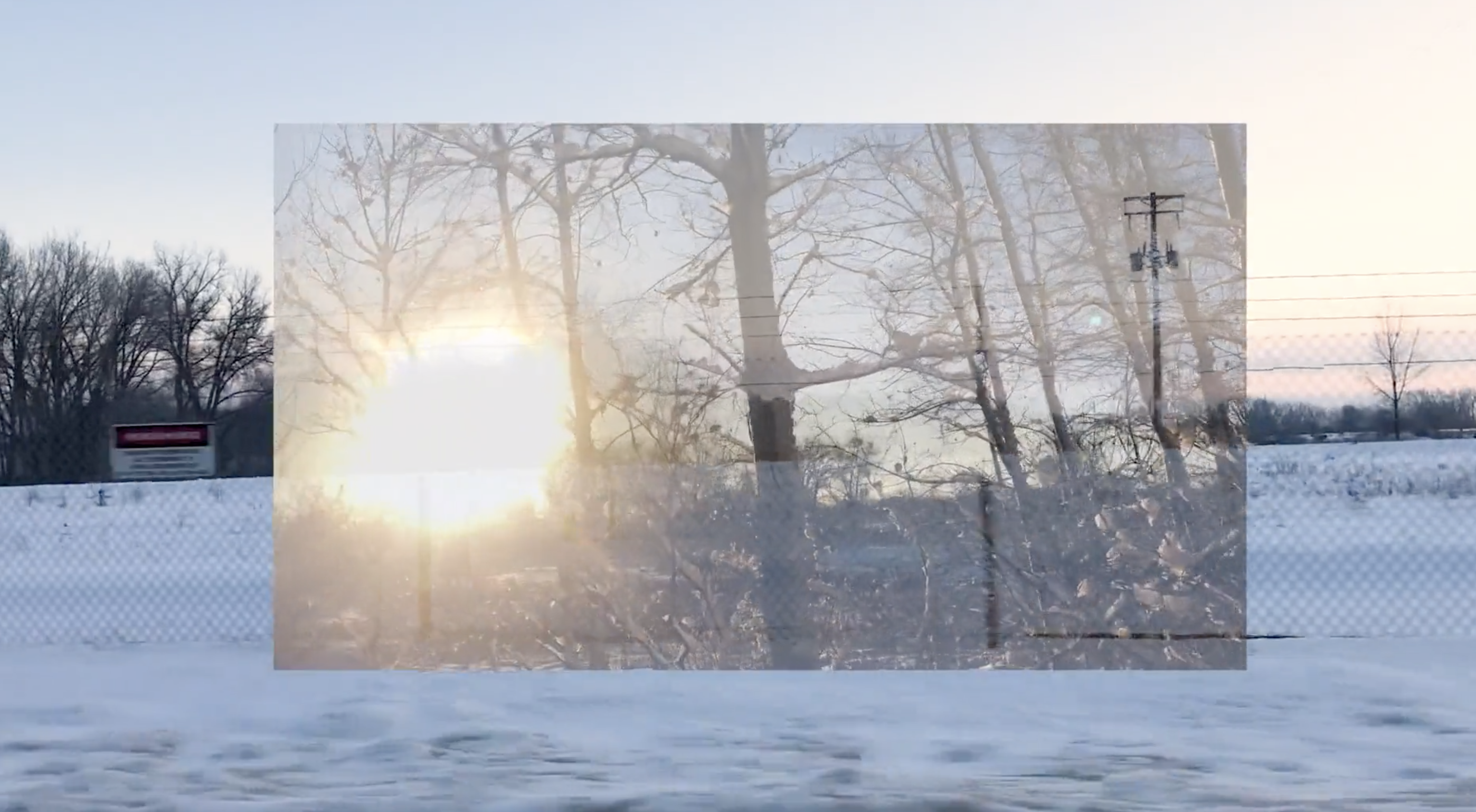
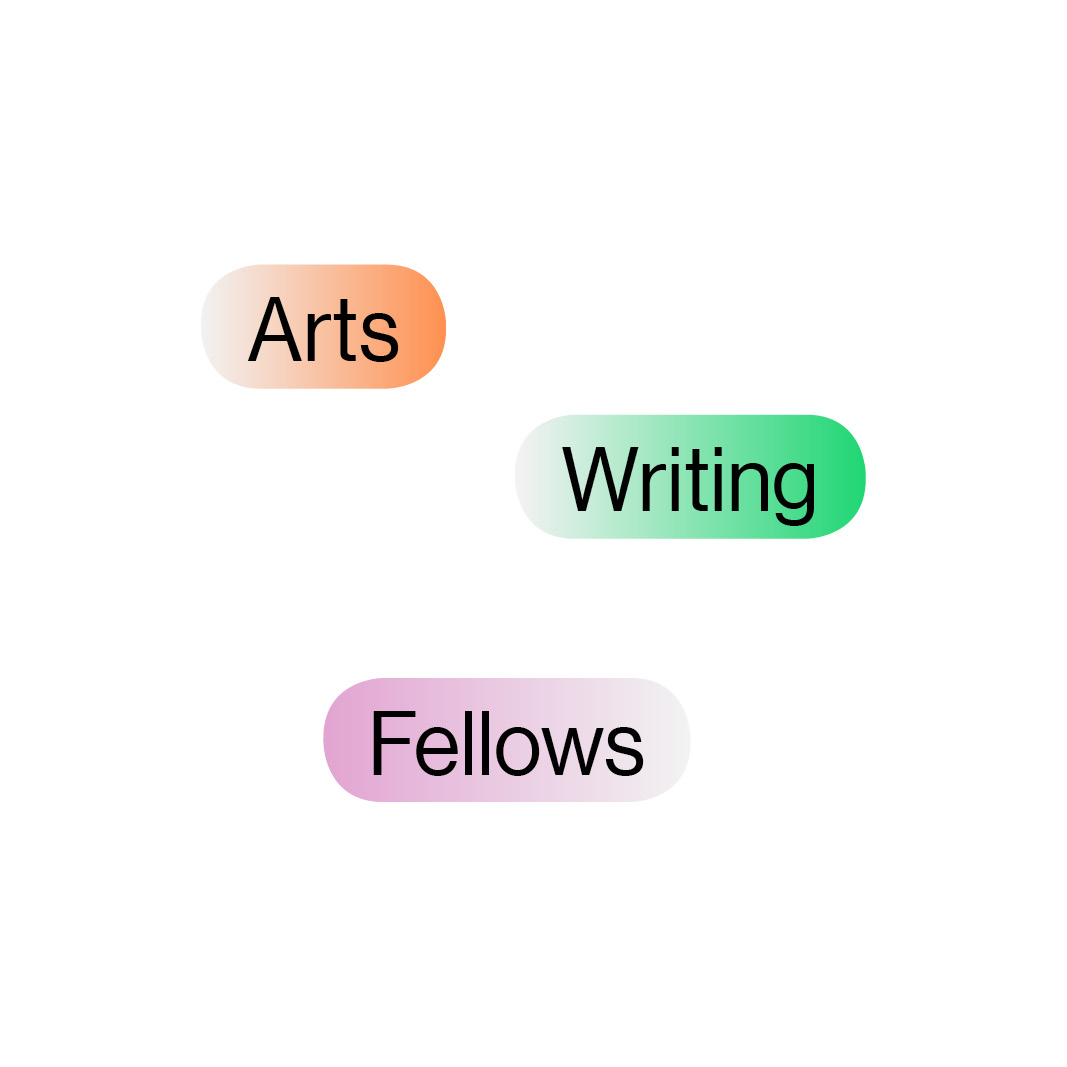 2022/23 Arts Writing Fellows
2022/23 Arts Writing Fellows